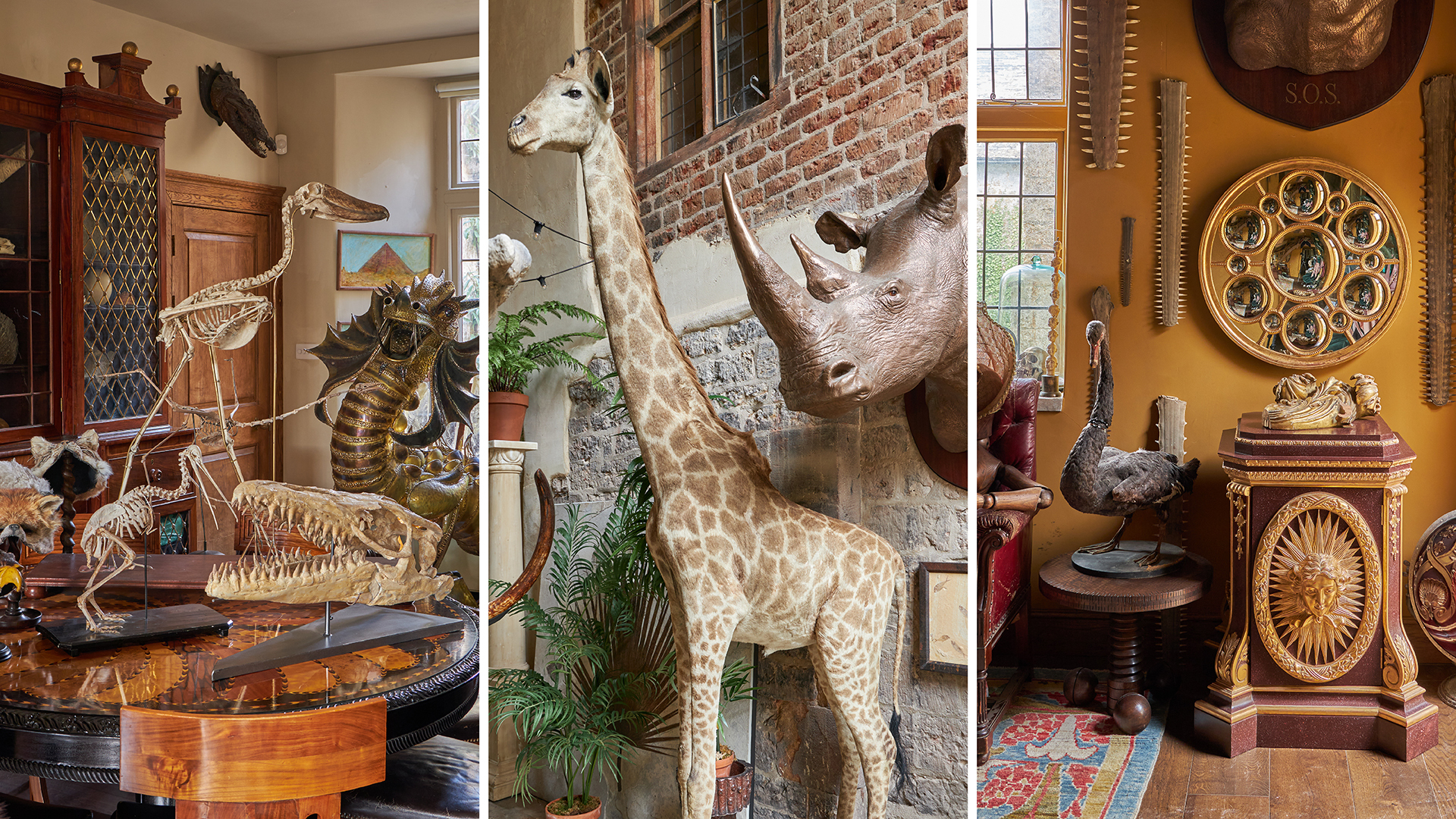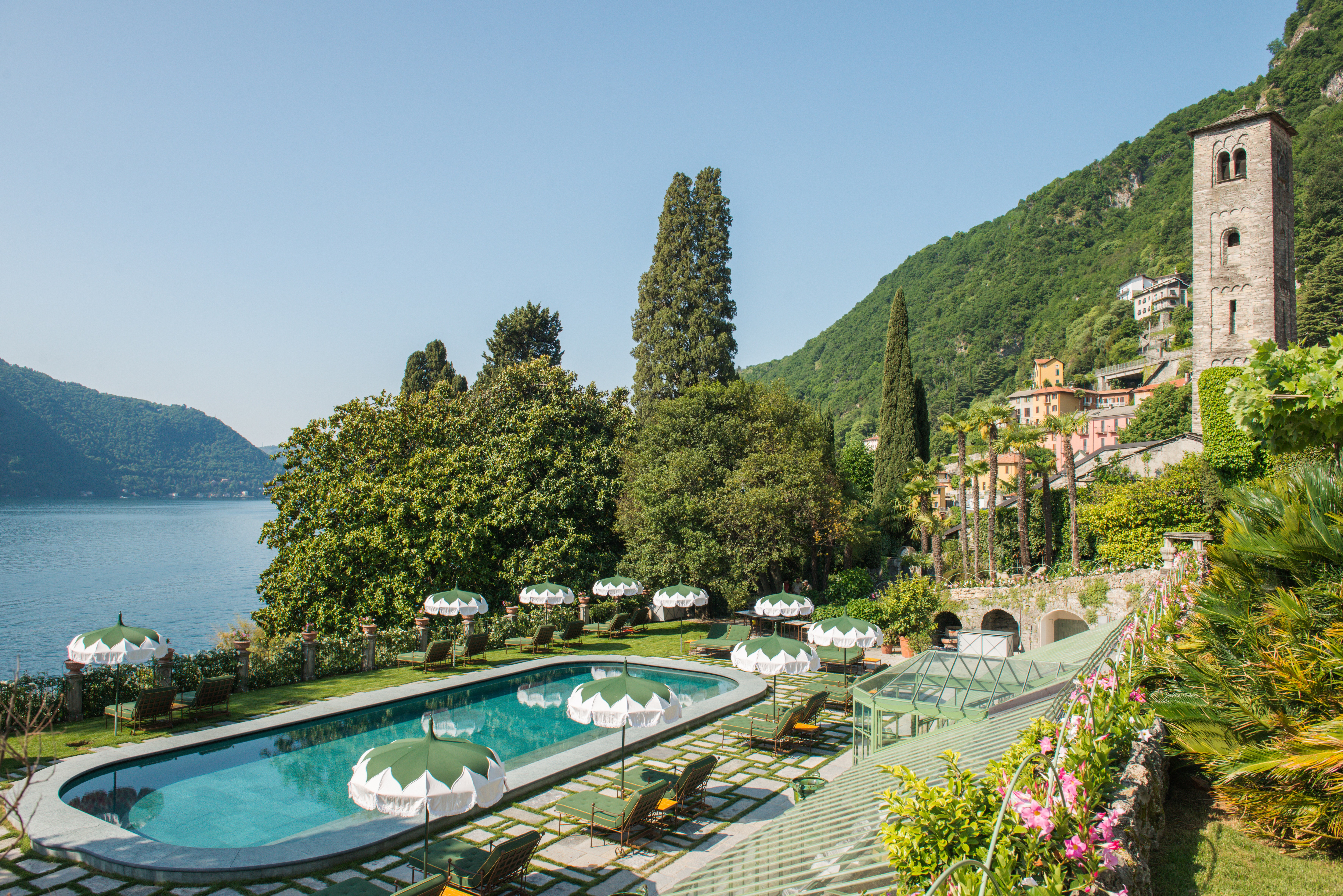Spectator - Carla Carlisle
Carla contemplates the demise of MG Rover in the context of potteries in Stoke on Trent: it's all about understanding the market, apparently...


I am sitting with Mr Choat in the cafe drinking cappuccinos from the blue cups that we chose when we bought the cappuccino machine. Although the coffee is single-estate/fair-trade/organic/shade-grown/bird-friendly, purists might balk at the colour blue: the crema is best seen against pure white. But I love these blue cups, made by Dudson in Stoke-on-Trent.
Mr Choat is the area sales manager for Dudson, and the table is covered with samples of plain white hotelware. When we first opened the vineyard restaurant, a farm diversification described by our bank manager as 'nothing, in the middle of nowhere', all our white plates were Spode bone china undecorated seconds that rarely cost more than a pound each. But now we can't keep an adequate stock.
And there is another problem. Nick, our chef, hankers after plates the size of the moon, bowls as big as reservoirs. I veto these vast porcelain receptacles, call them 'urban and yesterday', complain that it's impossible to get at the organic Sutton Hoo chicken breast in a bowl, but today I'm making a compromise: no bowls, no square anything but nice new plates in adequate quantities.
I confess that originally I wanted a range by Royal Doulton called Hallmark - off-white and shaped like our Spode - until I found out that Royal Doulton was now making its hotelware in Indonesia. I try to persuade our customers to drink English wine so it seems right to buy English cutlery made in Sheffield (Glazebrook). I stick to Hildon mineral water and Maldon salt on the table. It's my own private little trade war.
Mr Choat sympathises. 'There are only three 'mass' potteries left in Stoke-on-Trent - Dudson, Churchills and Steelite,' he says. Dudson, family-owned for nine generations, wisely bought Doulton's first-class kilns when they moved production to Indonesia and part-owns a white-china clay mine in New Zealand. 'The closure of potteries in Stoke is heartbreaking but now those workers work in supermarkets and warehouses where it's clean, cool and easier hours.' Even at Dudson '60% of the skilled decorating and glazing team are Poles who come over on three-month work contracts.'
While I'm studying the china samples, I learn that 'fine bone china' is made of 50% cow bones, 25% china stone and 25% china clay, that Wedgwood is made in China, that Waterford crystal is made in Poland, Hun-gary, Slovenia, the Czech Republic. Mr Choat believes that the potteries lost touch with their customers, who are now younger, smarter, more sophisticated and more affluent. 'They don't collect figures and editions and floral cups and saucers.'
Which makes me think of Rover MG. I'm looking to replace my old Peugeot estate, and I've always liked the Englishness and Jaguarish looks of the Rover 75 estate. Just before Easter, Daryl of Ames Motors brought one out for me to try. Before I'd reached the Ixworth roundabout I knew it wasn't the car for me. I loved all the wood and leather, but this is a man's car, a prosperous, sedate, retired man's car. I declined guiltily because Daryl was so enthusiastic, amiable and knowledgable. This morning I read that Rover owners have lost their new-car warranty.
Sign up for the Country Life Newsletter
Exquisite houses, the beauty of Nature, and how to get the most from your life, straight to your inbox.
In fact, Stoke-on-Trent and Longbridge have a common message. When you know what the consumer wants, needs and de-sires, you can create products based on that understanding. You won't have to go panhandling to Shanghai. You won't even have to outsource to Indonesia. And, just in case I'm out of touch, I'm ordering a dozen big white bowls.
Country Life is unlike any other magazine: the only glossy weekly on the newsstand and the only magazine that has been guest-edited by HRH The King not once, but twice. It is a celebration of modern rural life and all its diverse joys and pleasures — that was first published in Queen Victoria's Diamond Jubilee year. Our eclectic mixture of witty and informative content — from the most up-to-date property news and commentary and a coveted glimpse inside some of the UK's best houses and gardens, to gardening, the arts and interior design, written by experts in their field — still cannot be found in print or online, anywhere else.
-
 A woolly mammoth skeleton is among the curiosities for sale to save fire-ravaged Parnham Park
A woolly mammoth skeleton is among the curiosities for sale to save fire-ravaged Parnham ParkThe auction of the owner James Perkins' collection, hosted by Dreweatts, tomorrow (May 13), will be used to fund renovation works at Parnham Park in Dorset.
-
 The ‘utterly unique’ skincare brand that’s used in the ‘world’s best hotel’ spa
The ‘utterly unique’ skincare brand that’s used in the ‘world’s best hotel’ spaThe Seed to Skin brand was the byproduct of one woman’s length fertility journey — it’s so good that today it’s used in a hotel voted the ‘world’s best’.